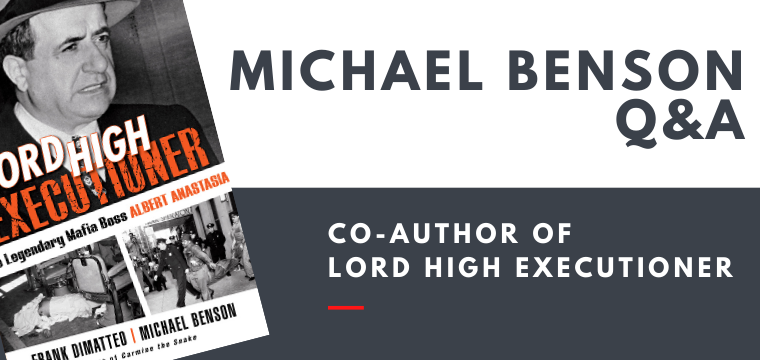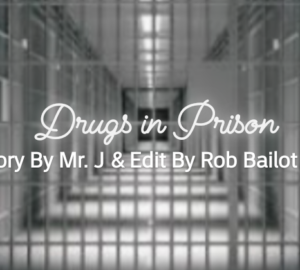How did you decide to document the trajectory of Murder, Inc.? And Anastasia’s story in particular?
All I can say is thank God for the New York papers. Journalism is lazy today compared to back then, when there were many newspapers in New York City and they were all competing for a bigger piece of the pie. Some reporters got inside police investigations. Others seemed to be inside the mob. The most amazing thing were the Daily News photographers who often managed to photograph the latest corpse of the latest mobster to get whacked even before authorities arrived. To document Murder, Inc. we often matched up info that was dispensed in retrospect, congressional and senate hearings, trial testimony, etc., with the news reports of events as they occurred. Sometimes the what, when, and where came from a contemporary source while the who and why came from another and later source.
What was the research process like for this book?
Frank is like a walking encyclopedia of mob history. I’m not even sure he’s studied, but he listened like a sponge when he was a kid and remembers everything he heard over the years. I’m willing to spend hours in the National Archives going through documents while wearing white cotton gloves, and between us we get the story told.
Especially as we consider the success, most recently, of films like The Irishmen, what is it about organized crime that holds such perennial appeal to readers/viewers?
Mob stories will always be popular because they offer the public glimpses inside a society that is intrinsically secret. The people are attractive, there’s lots of money, and violence is meted out with a lack of conscience that is sometimes akin to psychopathy, sometimes to wartime mentality, and often just a symptom of harsh but effective business practices. What’s not to love? It’s a romantic world, and everyone wants to be a gangster—that is, until it comes time to do gangster things.
How do you think your respective backgrounds as a Mafia survivor and an accomplished true crime writer effect the way you approached the researching and telling of Albert Anastasia’s story?
Well, being an accomplished true crime writer boils down to being a good story teller. One of the keys to writing about killers, I think, is understanding psychology. Every killer is convinced that they are justified in doing what they do. How they get there is what makes them interesting. Anastasia had a horribly traumatic childhood and never properly learned the value of human life. Indeed, he saw life and death as being closely akin, and killing for a living was a concept he knew as a small child when he watched Italian men shooting looters as casually as a farmer might plug a woodchuck. I guess that writing about serial killers for years did harden me to the more graphic elements of the job. I have no problems with gleaning info from an autopsy report, and that helps too.
First posted in the Publishers Weekly feature on True Crime, by Clare Swanson
- Online casino’s safeguards against crime - January 8, 2025
- The Best Slot Games For Low-Budget Play - December 14, 2024
- From Mob Mentality to Digital Thrills - December 10, 2024








